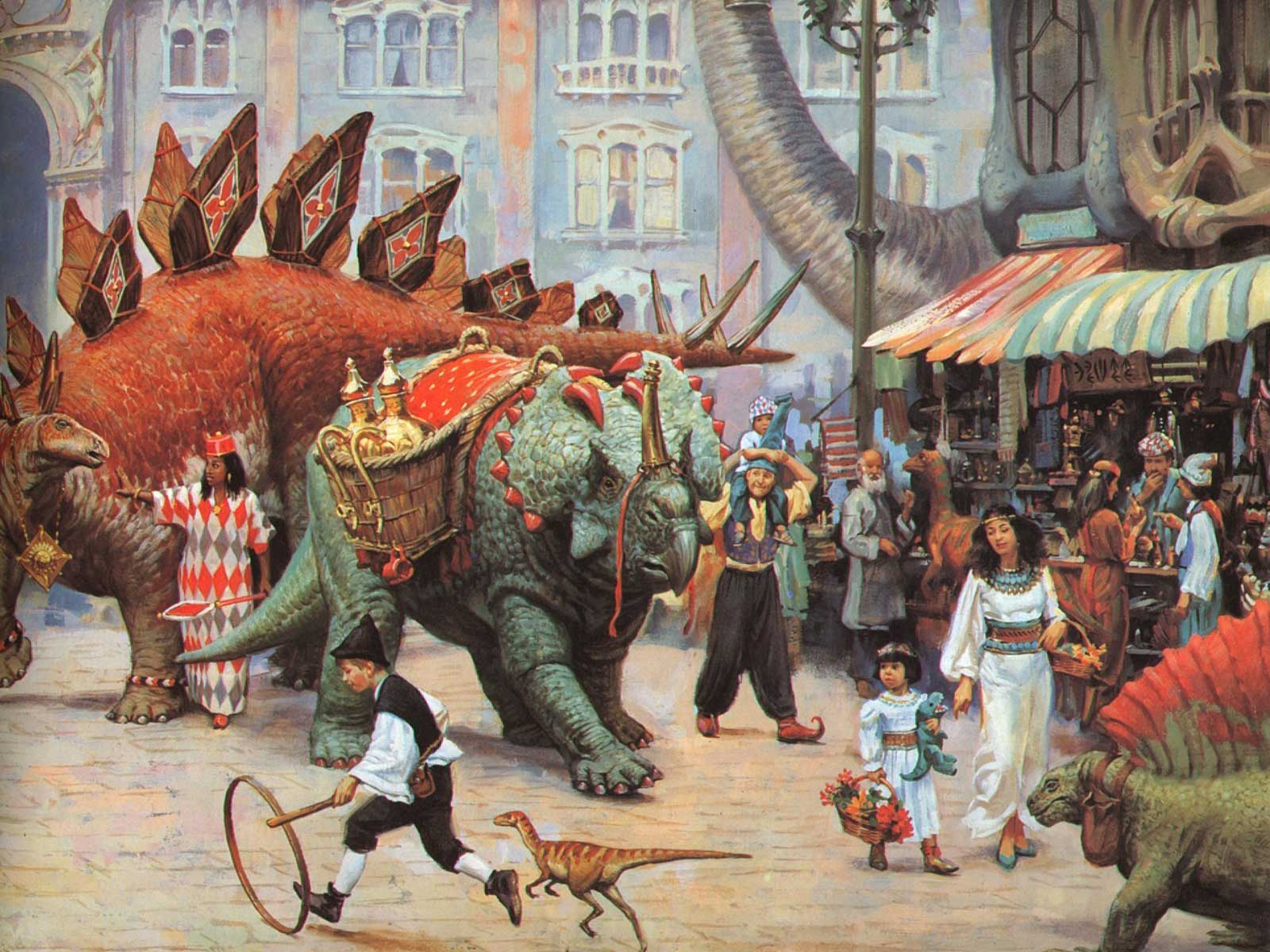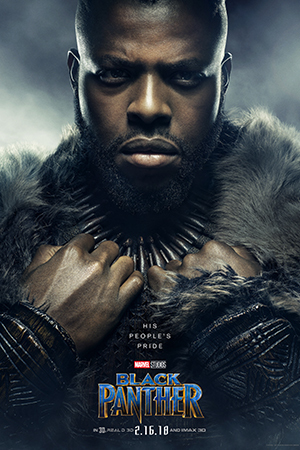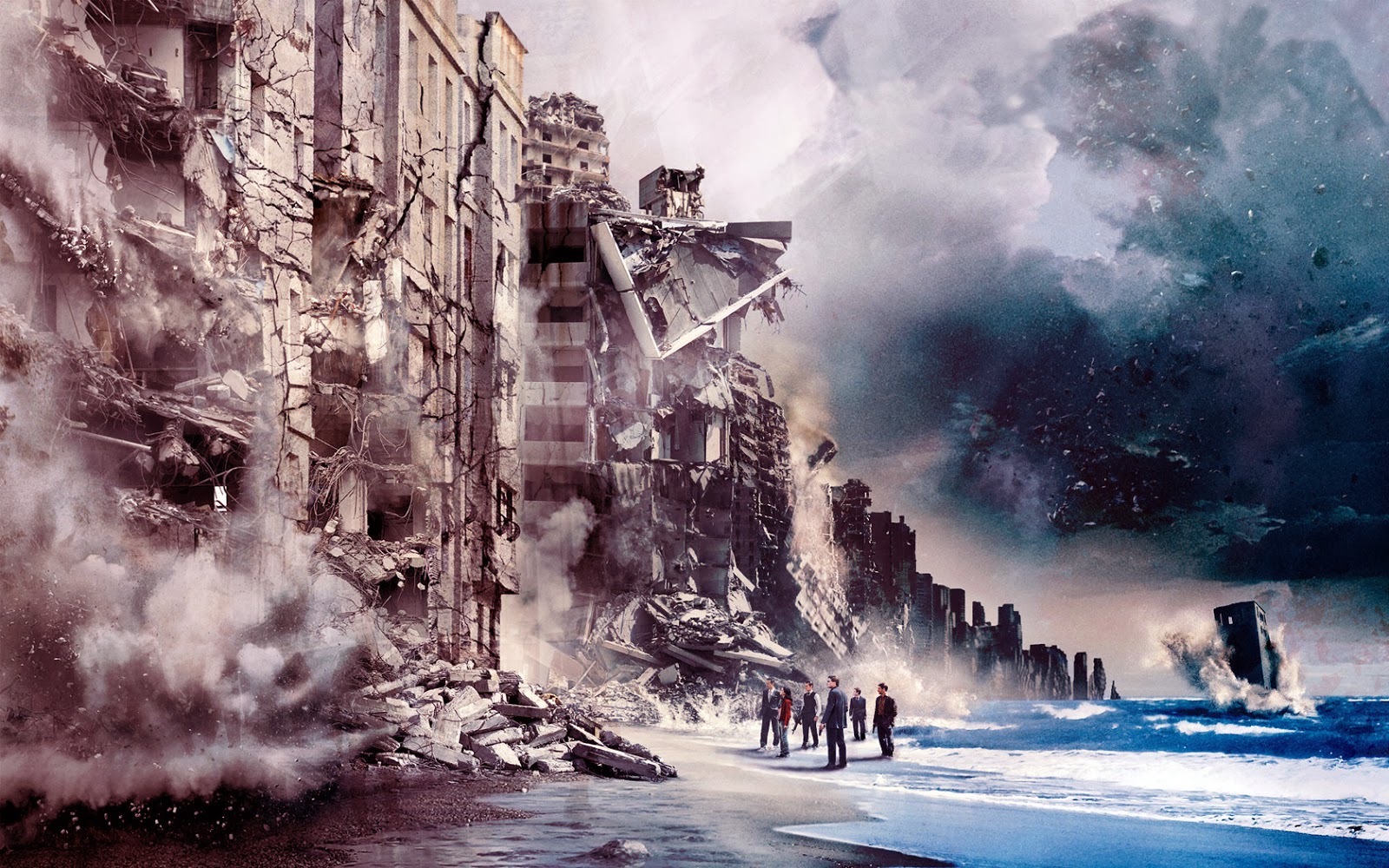
(This image has VERY LITTLE to do with the article, though it provided insight while I was a Keeper)
I almost decided against writing this because so many more experienced DMs/GMs/Keepers (D&D Shorts/Dungeon Dudes/Matthew Colville) have spoken so eloquently about this. But as a novelist converting a novel into a game, I feel it’s integral to recognize how others will interact to your work-as-a-TableTop game from my perspective and not the perspective of a native DM/GM/Keeper. If you want pure game tips, click those links–especially Matt Colville’s–as he’s both a writer and a game developer (dev), and I highly respect his work.
Continue reading




 Inception is the type of movie where people walk away scratching their heads. Most people. I watched it when it first came out, enjoyed it for what it was, and moved on. (My brother, on the other hand, wasn’t such a fan.) It’s a “cerebral” thriller where the environment itself tells as much (or more) of the story as the characters. The premise surrounds a man who can extract information from another person’s subconscious via a cocktail of drugs and a carefully constructed “dream.” He brings a “Get Shorty” group of people in with him where they directly talk to the dreamer’s mind and find information, therefore performing an “extraction.” While the possibilities for creative enterprise is boundless, the movie pares all creative deviation to the story at hand, which is great for the masses and thus made for a somewhat accessible movie. While I understand why, the possibilities were literally endless for subject matter.
Inception is the type of movie where people walk away scratching their heads. Most people. I watched it when it first came out, enjoyed it for what it was, and moved on. (My brother, on the other hand, wasn’t such a fan.) It’s a “cerebral” thriller where the environment itself tells as much (or more) of the story as the characters. The premise surrounds a man who can extract information from another person’s subconscious via a cocktail of drugs and a carefully constructed “dream.” He brings a “Get Shorty” group of people in with him where they directly talk to the dreamer’s mind and find information, therefore performing an “extraction.” While the possibilities for creative enterprise is boundless, the movie pares all creative deviation to the story at hand, which is great for the masses and thus made for a somewhat accessible movie. While I understand why, the possibilities were literally endless for subject matter.